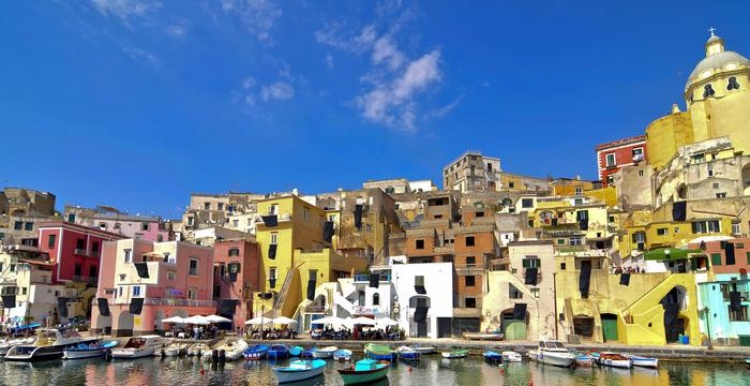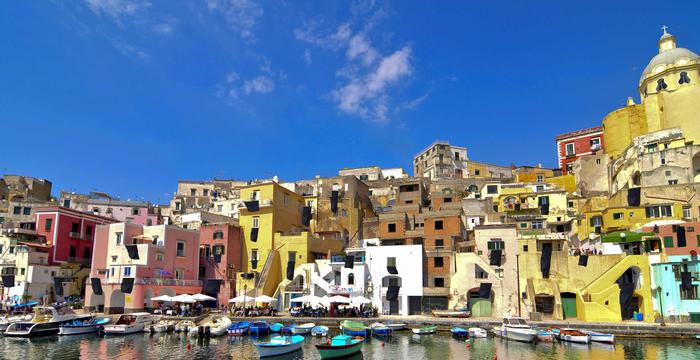With its winning presentation entitled La Cultura non Isola (Culture Doesn’t Isolate), Procida fought off competition from nine other finalists: Ancona, Bari, Cerveteri, L’Aquila, Pieve di Soligo, Taranto, Trapani, Verbania and Volterra.
Procida was selected after each of the finalists presented a culture project for their city in front of a jury chaired by Professor Stefano Baia Curioni.
“It is the first time that a small place has been awarded [the title]” culture minister Dario Franceschini said, underlining that it was the not the candidate’s size that was needed to win the coveted title, but its project.
Franceschini said Procida had presented an “excellent” project capable of “representing a model for sustainable development” based on the island’s culture and coastline, as well as “transmitting a poetic message, a vision of culture”.
Congratulating Procida on its title, Franceschini said the colourful Mediterranean island would “accompany us in the year of the restart and rebirth”.
Procida Mayor Dino Ambrosino said the title was “an extraordinary opportunity”.
“We are honoured; thank you for this historic opportunity that we will certainly seize by working hard to make Italy proud of this great choice,” he added.
Procida is located between Capo Miseno and the island of Ischia, off the coast of Naples.
The southern island’s jagged coastline is 16 kilometres long and is dotted with vibrant coloured houses.
Parma is currently Italy’s capital of culture for 2020-2021, while the title for 2023 has already been awarded to Bergamo and Brescia.
Bypassing the usual application process earlier last year, Italy’s Chamber of Deputies and Senate approved the joint candidature in a symbol of hope and rebirth for the two northern cities, which were devastated by the coronavirus pandemic.












